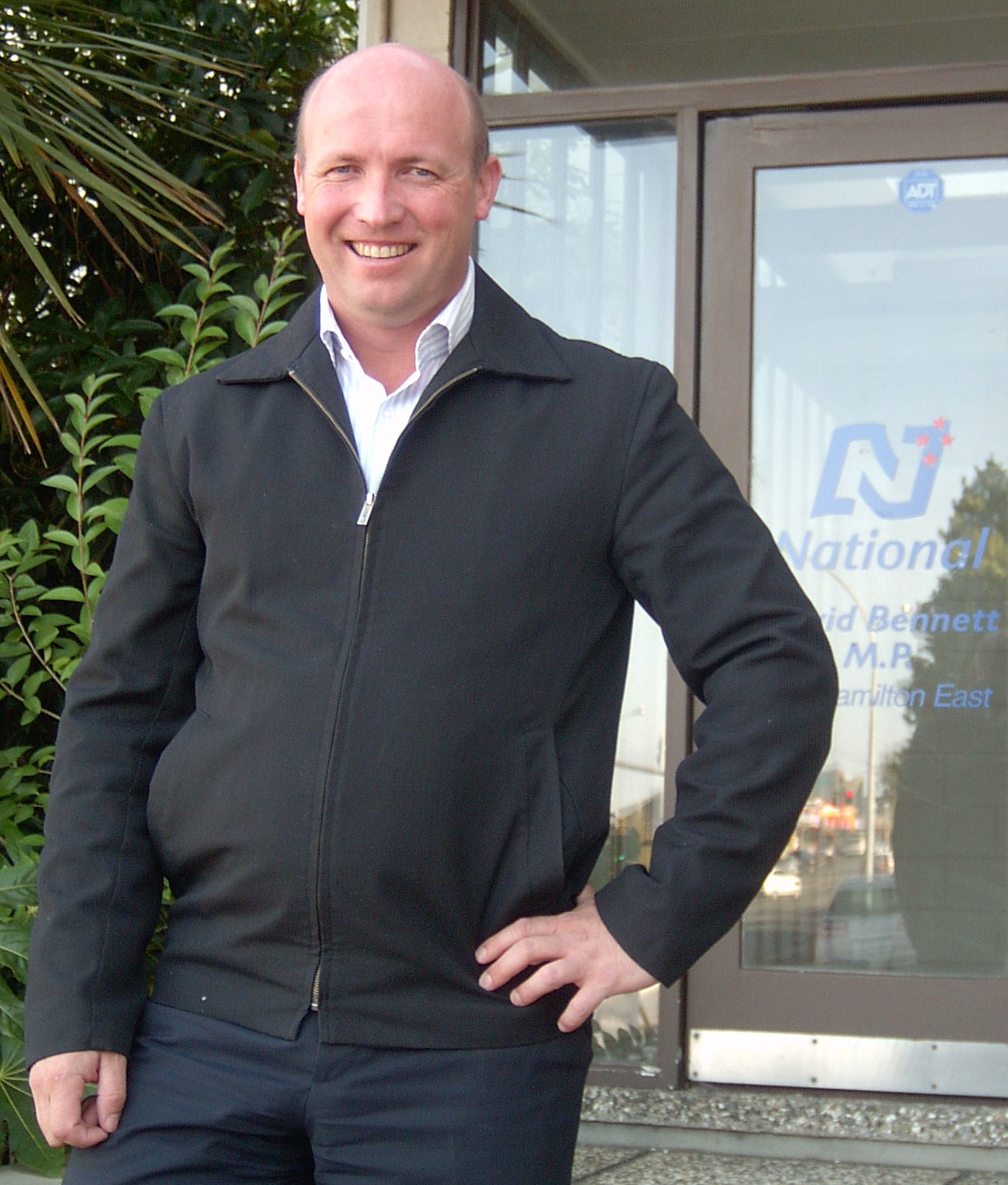Hamilton puff shops unlikely to re-open for now – Bennett
Puff shops in Hamilton are likely to remain closed until 2015 as Hamilton City Council used provision under the Psychoactive Substances Act (2013) to regulate on “legal highs”.
Hamilton East MP David Bennett says puff shops are very unlikely to re-open in Hamilton this year.
A 21-day suspension on the shops ends today, but Bennett said they would stay closed.
“What everybody had was a temporary permit,” he said.

“That temporary permit was subject to council rules. As soon as [Hamilton] Council set rules, then the temporary permit had to abide by that.”
Bennett said the 21 days was to give the council time to make sure their Local Approved Products Policy (LAPP) fulfilled the requirements of the Psychoactive Substances Authority. Retailers selling legal highs would then be suspended until 2015 when the new plan comes in, said Bennett.
“The only way they could re-open is if they [the authority] judicially review the council and the council are found to be in breach of their rules,” he said.
“When we talked to the council, they’re pretty confident they got nothing wrong. Touch wood, the council got it all OK. So these things are suspended until next year.”
Bennett said in 2015 under the new plan, shops could open in the designated zones in Hamilton CBD. They would only be able to sell products that have gone through testing and been approved.
Currently, not all products have undergone testing.
Retailers and shoppers say the troubles in Hamilton East have dropped right off since the suspension stopped the puff shop there from trading.
“Anecdotally, the disorder around the Grey Street shops appears to have calmed down over the last two weeks,” Hamilton Police Senior Sergeant Rupert Friend said.
Bennett was among 119 MPs who voted in favour of the Psychoactive Substances Act, with only one MP opposed.
“When we put through the legislation, the public mood was ‘These things are in every dairy. We need to do something about it.’ Now the public mood is, ‘We don’t want them anywhere’,” Bennett said.
“I think they’ll be banned, which will create a big problem. It opens up for all the other products to come in.”
Bennett cited the Scottish parliament which has tried to ban psychoactive substances, and it did not work, he said. This was also in line with advice to Parliament from the police in 2013.
“I think the public has got to accept at some point that if you want to ban them, then you’re going to go back to what you had before, which is a free market.
“That’s the hard part now. We’re trying to work out how to ban them and also control them, which is virtually impossible to do.
“These are the new form of drugs we’re seeing around the world. If we don’t control them and have them in an open environment, then it’s very easy for the gangs to take over and they go underground.
“Once you ban them, someone will buy what they thought was Kronic, but it’ll be those Russian-type things that have rat poison in them, and… they will die.
“At least at the moment, we know what’s in it and the doctor knows what they’re dealing with.”




